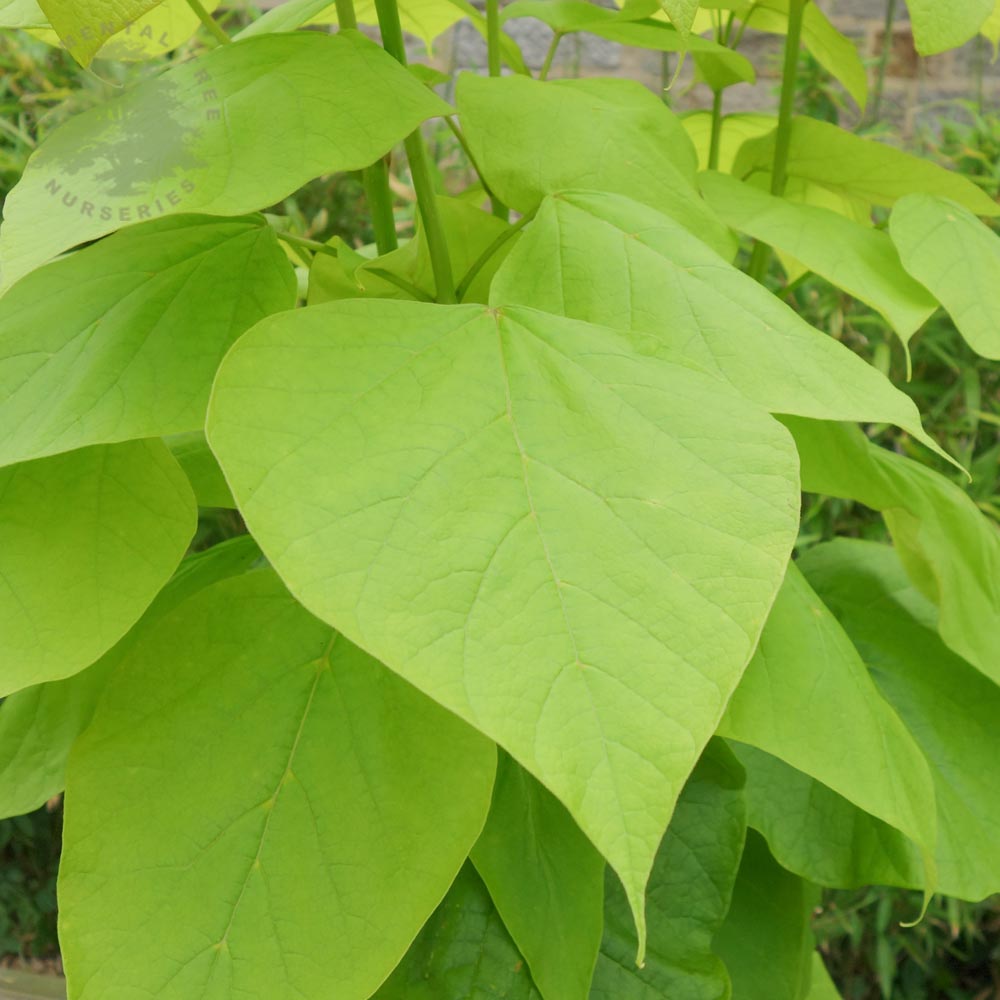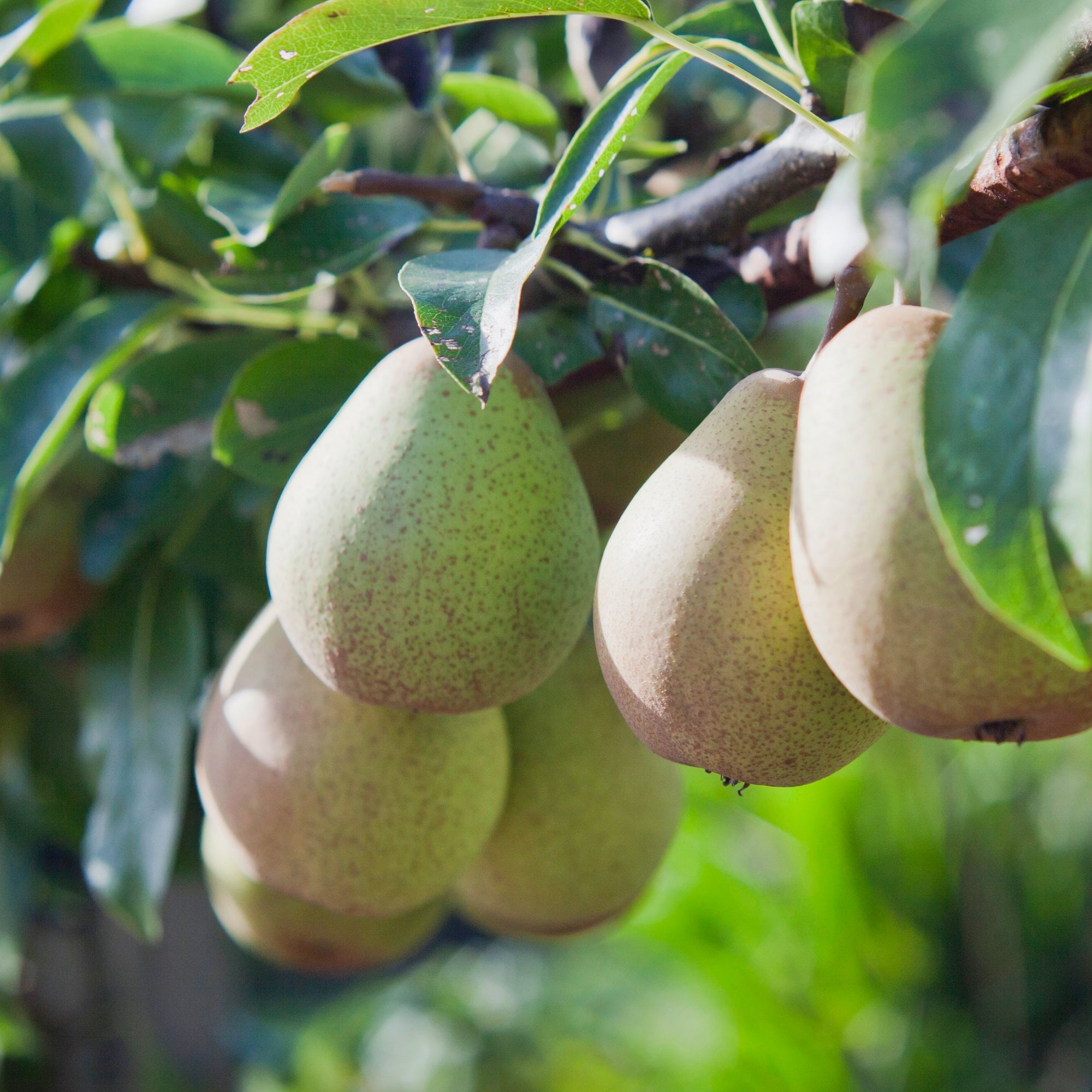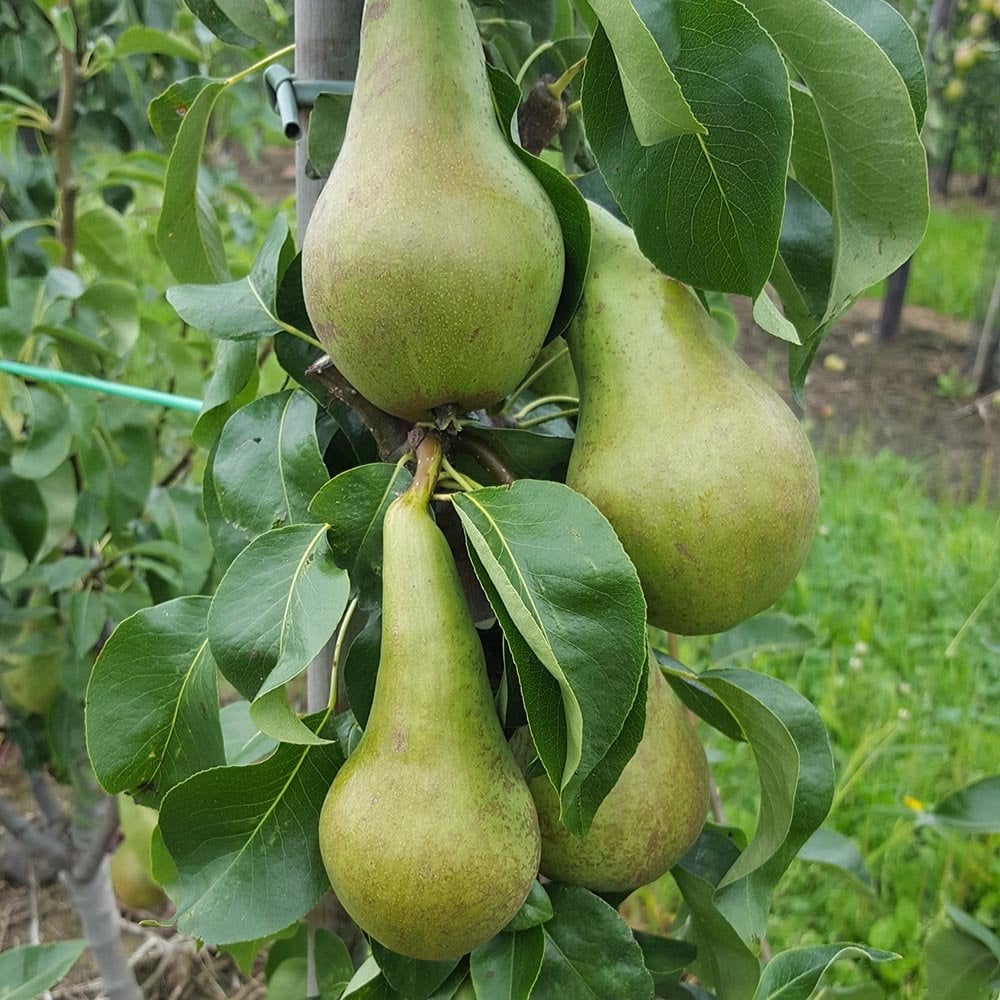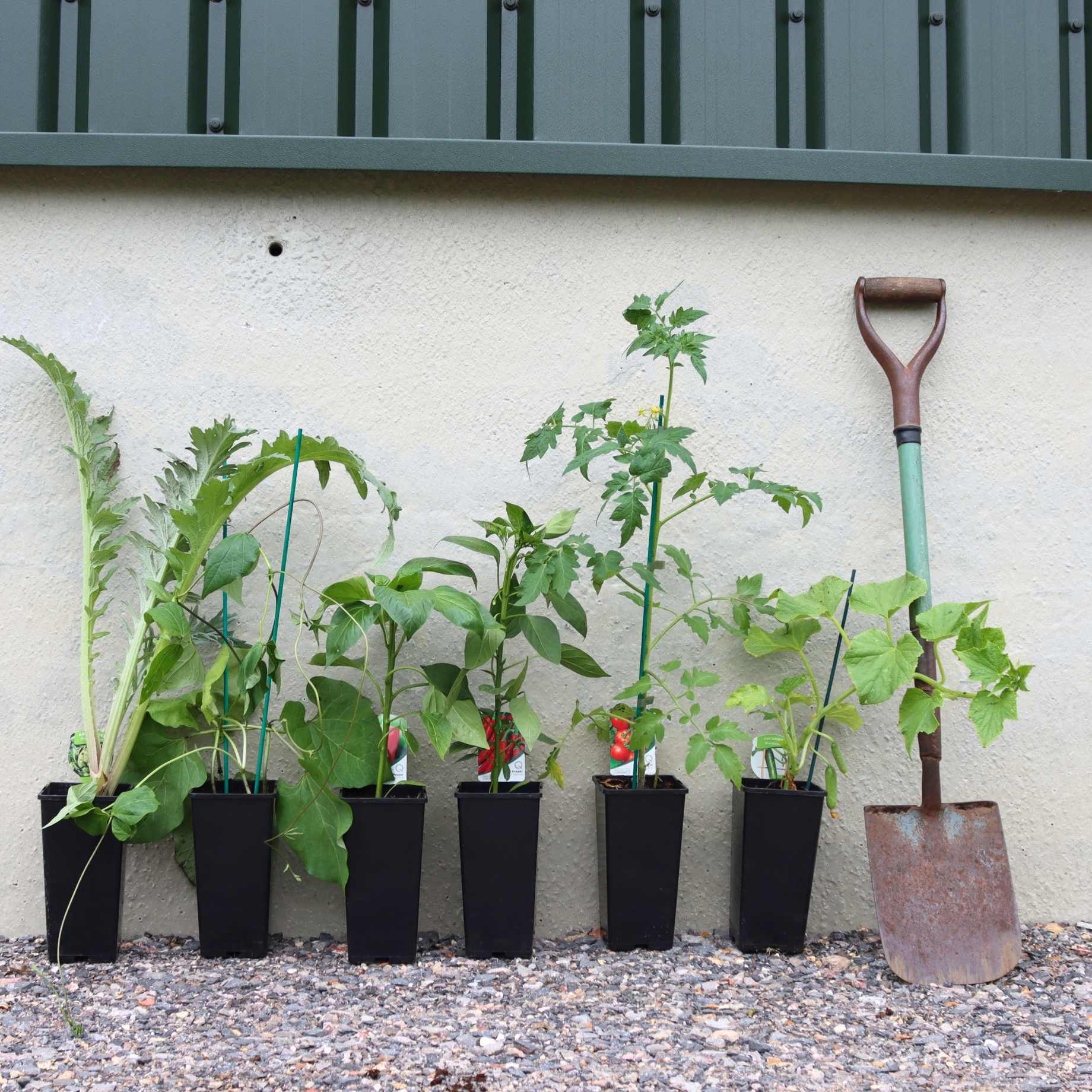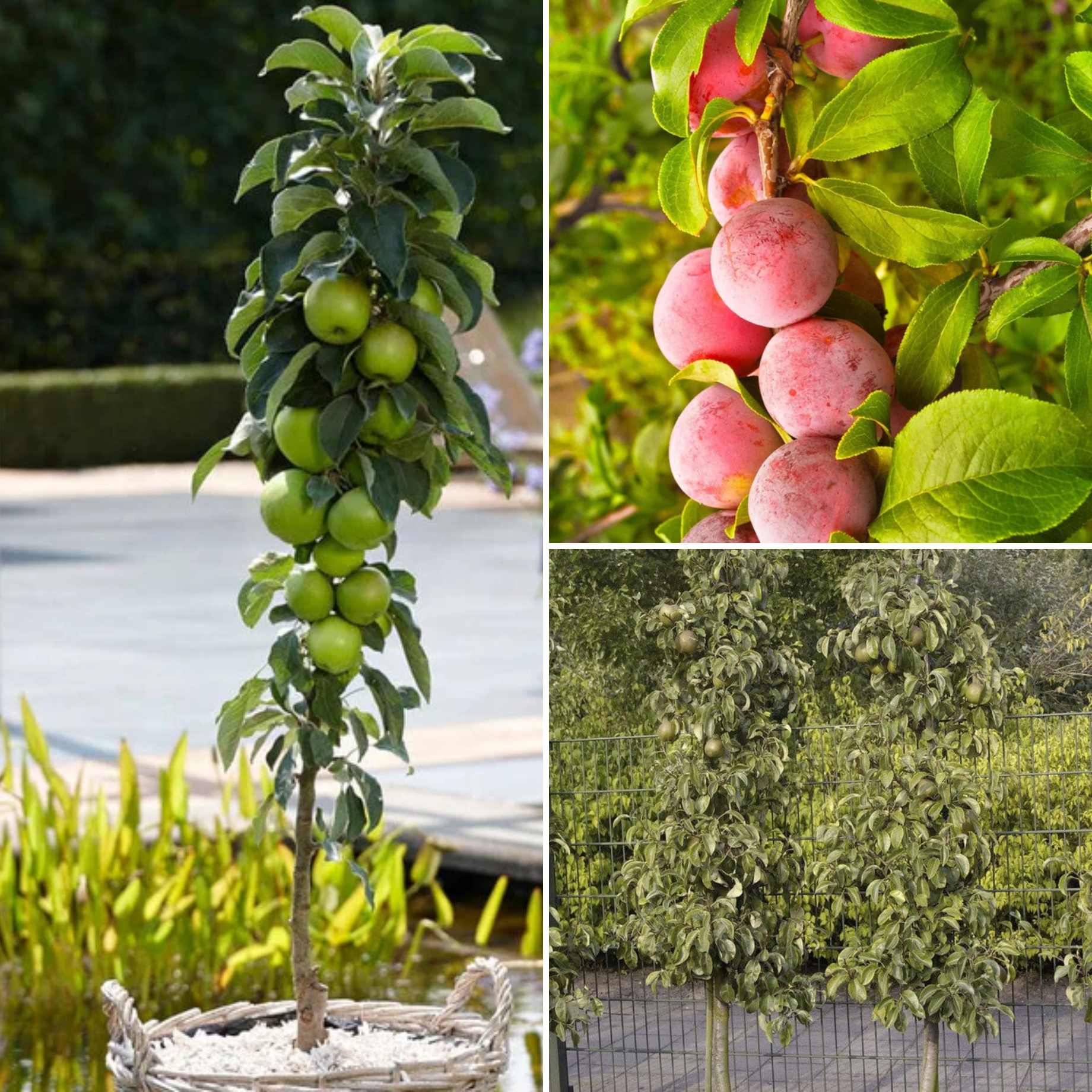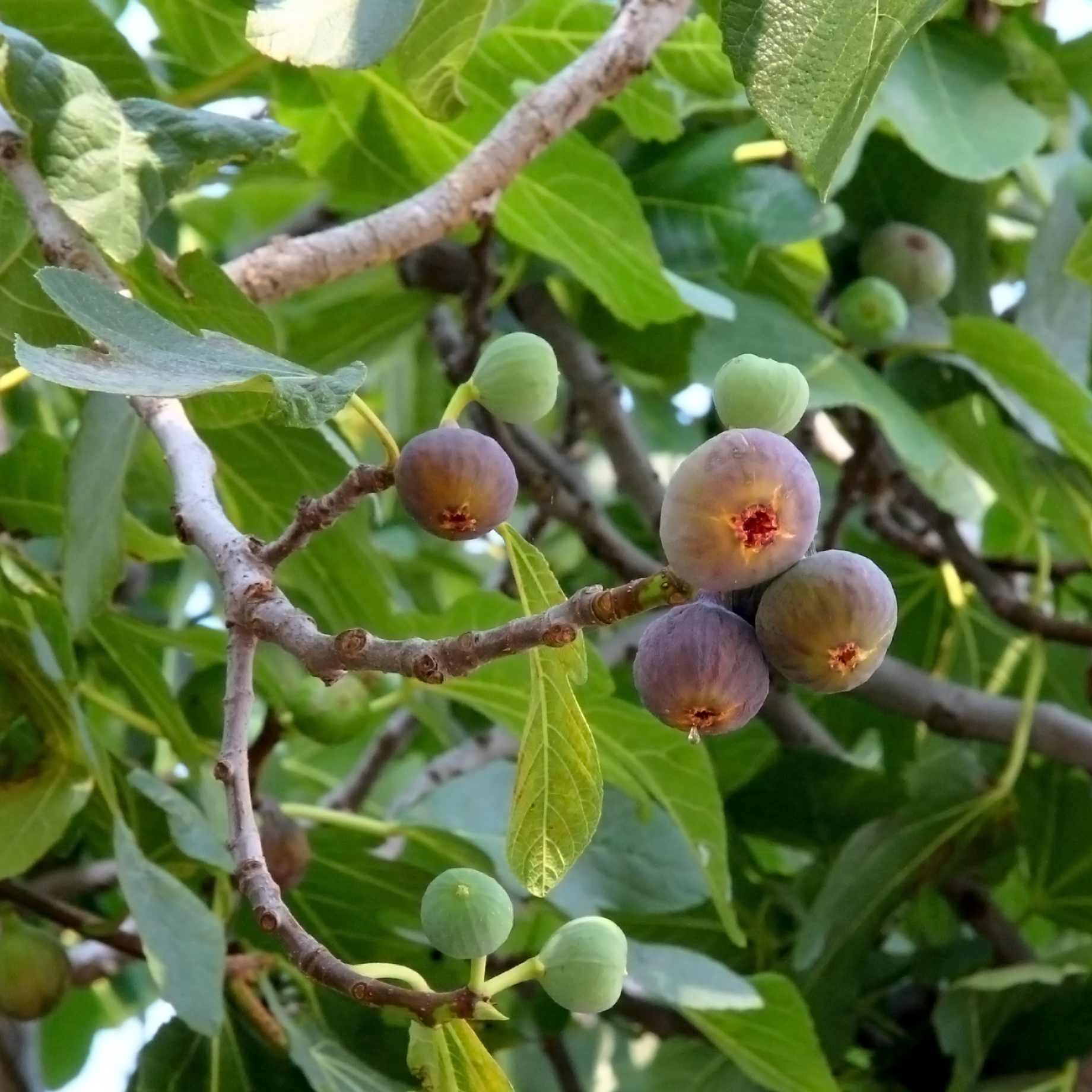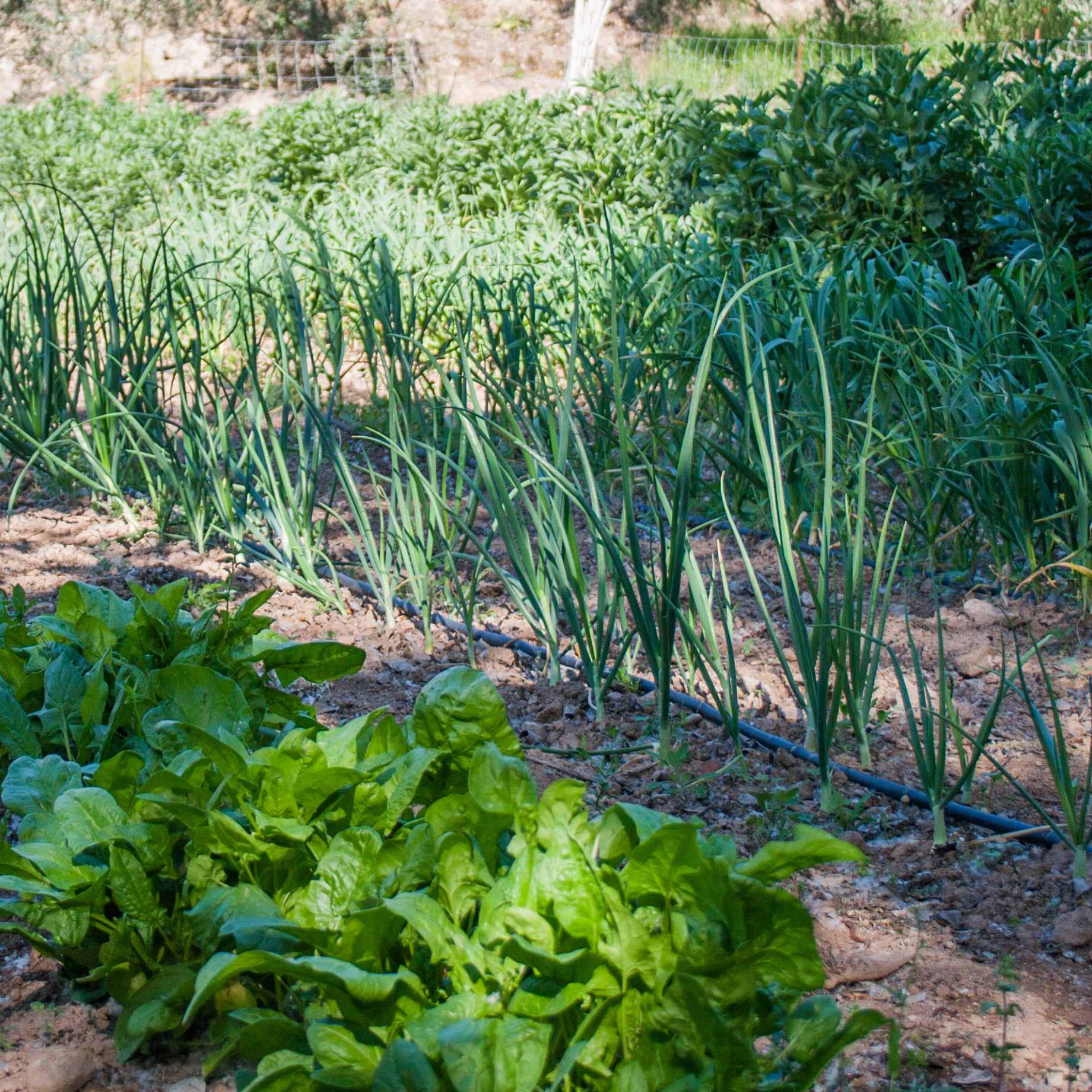Key features
AwardsRHS Award of Garden Merit
Final size5 x 5 metres in 20 years
FoliageLarge bright yellow leaves (deciduous)
PositionFull sun
Description
The bright yellow leaves on Catalpa bignonioides ‘Aurea’ are perfect for bringing a real splash of colour into the garden. The large, heart shaped, velvety foliage begins with a bronze shade, developing into a clear yellow and then turning yellow/green in late summer. In older trees, creamy white, foxglove-like flowers with purple and yellow spotted throats appear in bundles in June/July and are followed by long, slender seed pods.
The Golden Indian Bean tree, as it is commonly known, is a wonderful slightly spreading small tree that grows to an estimated 5 x 4 metres in 20 years. For smaller spaces, Catalpa bignonioides ‘Aurea’ can be coppiced and grown as a multistem which will develop even bigger leaves. Best planted in a sunny, sheltered position, ‘Aurea’ will tolerate most soils, except very damp sites.
AKA Golden leaved catalpa, southern catalpa, Catalpa bignonioides Aurea, Golden Indian bean tree
Planting Steps
1Preparation
- Pot-grown plants can be planted at any time of year, whereas bare roots need to be planted between November and March.
- Clear weeds and grass within a metre of the planting hole.
- Dig a hole as deep as the root mass and twice as wide.
- To help your plant establish more effectively, sprinkle Rootgrow in the hole.
2Planting
- Gently loosen the roots and place into the planting hole.
- Ensure the top of the plant’s compost is flush with the level of the surrounding soil and the graft union or collar of the tree is above ground level.
- Mix 50% of the original soil with 50% compost.
- Fill in the hole, firming the soil gently.
3Last Steps
- Water generously around the base of the plant.
- If you are planting either a single stem tree or mature standard tree, we recommend adding a staking kit and rabbit guard.
Aftercare Advice
Trees and shrubs require a good watering regime for a couple of years whilst they establish. Water well and regularly through spring and summer, increasing in hot or dry weather. If planting in autumn, you may only need to water a little. It is advisable to keep the area free of competing weeds and grass during this period.
For more detailed advice and video guides, please visit our Help & Advice section.

